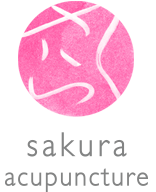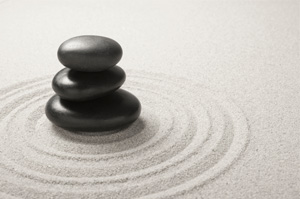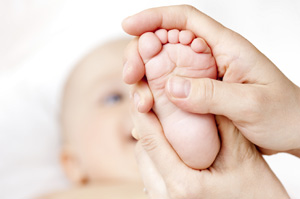FAQ
Q. Does acupuncture hurt?
A. We use Japanese gentle and painless technique with very fine Japanese needles; therefore, the treatment should never be painful. With a gentle insertion technique, many patients may not even feel the presence of needles.
Q. Is acupuncture safe?
A. Acupuncture is absolutely safe. We use only high quality, newly wrapped, pre-sterilized, disposable needles imported from Japan. Needles are only used once, and then discarded.
Q. How many treatments required?
A. It is depend on the duration, severity and nature of problems. A single treatment may help an acute condition while a series of five to ten or more treatments may be needed for chronic problems. In general, the more chronic the condition, the more treatments are required to sustain the healing process.
Q. Is acupuncture safe for children?
A. Yes, in Japan and China, acupuncture has been used extensively to treat childhood ailments. In pediatric acupuncture, we use special tools, which have been used in Japan for the last 300 years, to gently scrape, roll or tap specific areas of the skin. Herbal formulas are also used for many conditions. We can begin treatments as early as one month of age. Because of their sensitivity, children respond remarkably well to acupuncture and herbal formulas.
Q. What can acupuncture treat?
A. Ms. Okabe is a general practitioner, comfortable treating most issues, and most people respond well to acupuncture. Traditional Japanese acupuncture is particularly suited to those who are uncomfortable with strong needle stimulation, or are fatigued or otherwise weakened. The followings are examples that Ms. Okabe has helped but they are not exclusive. Please call our office if you have any questions about a particular condition.
- Orthopedic – neck pain, tennis elbow, frozen shoulder, back pain, bursitis, tendonitis, sciatica, carpal tunnel syndrome, trauma (sprains, strains, bruises, bone fracture)
- Neurological – headache, migraines, trigeminal neuralgia, facial palsy (early stage)
- Psychosomatic – insomnia, mild depression, anxiety, stress, irritability, fatigue, gastrointestinal disorders, nausea, loss of appetite, constipation, diarrhea, acid reflux
- Respiratory – hay fever, allergies, recurrent cold, sinusitis, asthma, bronchitis, pneumonia, COPD
- Gynecological – irregular menstruation, PMS, menstrual pain, infertility, (peri)menopausal disorders
- Pediatric (from 1 month old) – hyperactivities (ADD, ADHD), sleep disorders, eating disorders, digestive problems, bed wetting, asthma, allergies, sinusitis, skin disorders, chronic ear infection, growing pain, Autism
- Others – skin disorders, burns, habit control ( quit smoking, drug abuse, weight control), rheumatoid, arthritis, TMJ, cystitis, lupus, hepatitis, shingles



